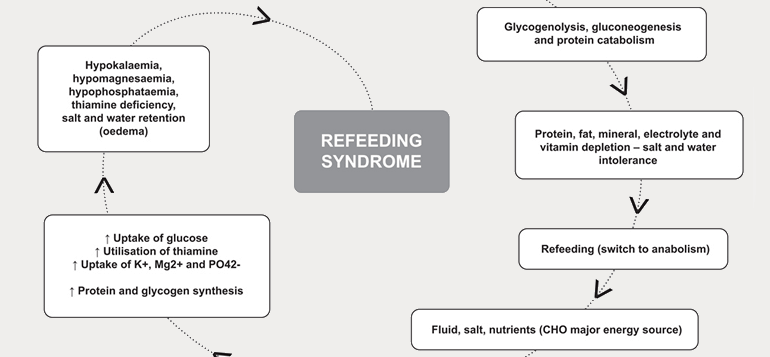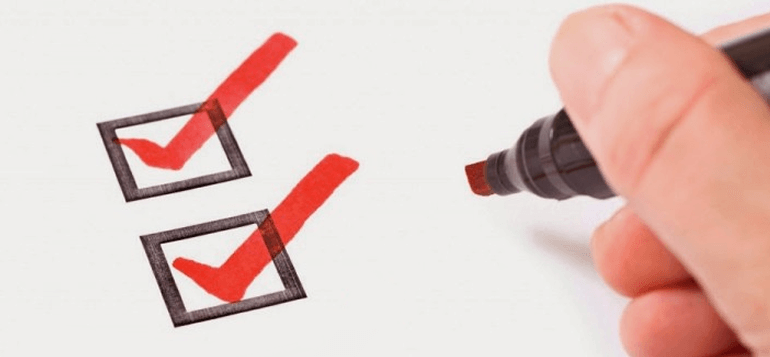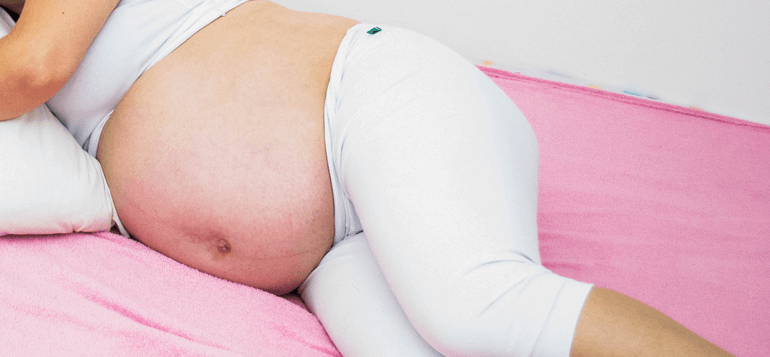Anorexia, Bulimia, Pica, Emotional & Stress Eating

Eating Disorders are a potentially life-threatening condition which are increasing at an alarming rate. Men, women, girls and boys are suffering from these diseases and eating disorders are not disease of race, social background, age or gender, they can happen to anyone.
There has been huge amounts of publicity over the years about these conditions, so most of us at least know that anorexics starve themselves and bulimics binge and purge. We also know that overeaters eat too much and often binge. Certainly, it is not understood that eating disorders are not just about food and being thin but are part of an emotional system that affects every aspect of the sufferer's life.
- Causes of Eating Disorders
- Dangers of Eating Disorders
- Self Test for Eating Disorders
- Talking about an eating disorder
- Pregnancy & Eating Disorders
- Manorexia
- Therapy and Activities
- Recovery Process
- Discharge Process
- Ongoing Recovery System
- Back to top ^
Causes of Eating Disorders

Those with eating disorders think they are bad for having needs and feelings. It seems the earliest lessons in life are the most difficult to forget and unlearn. An anorexic or bulimic may have been taught that they should not have feelings or needs that their family cannot deal with or respond to. It does not make those feelings go away, it only represses them until they surface later and sometimes with greater force.
Many have accepted over the years that they should not have such feelings and believe they are bad for having them. The carry tremendous amounts of self-hate, guilt and shame.
Low self-esteem is a characteristic every person with an eating disorder seems to have, one which many have suffered greatly. Throughout life they may have been told "You're nothing" or "You're stupid" etc. After time the person will eventually believe these things are true and accept it. Or perhaps their parents wanted them to be something that they were not and could not be and they have attempted to be that vision of what their parents wanted and have failed. They feel unworthy and undeserving of health and a happy life. The eating disorders are reflections of how they feel and are attempts to end feelings but in the long term, eating disorders do not solve these underlying problems. It is my quest to raise awareness about eating disorders so you know what they are, the signs and symptoms, the health dangers and what treatment is available and where. I believe education and awareness are two key weapons in the on-going fight against eating disorders.
- Back to top ^
Dangers of Eating Disorders

Physical dangers of Anorexia Nervosa are:
- Delayed Pubertal Development
- Shrinkage of internal organs
- Loss of menstruation (Amenorrhea)
- Osteoporosis (Thinning bones)
- Severe constipation
- Weakness, fatigue, and/or fainting spells
- Infertility (Unable to have a baby)
The causes of Bulimia as a disorder are currently not known due to many inconsistencies across different age groups and backgrounds. Some common factors across all demographics are a need for control after traumatic events and after experiencing repeated stressful life transitions. A selection of the main causes include:
-
Sexual Trauma is often a contributing cause to Bulimia
-
Overbearing Parenting is very often seen particularly in teens with Bulimia
-
Peer Pressure and The Media pushing people to have a model like body
-
Unwanted relocation
and disruption is a common factor in bulimia
Back to top ^
Self test for Eating Disorders

Diagnosing and testing someone for an Eating Disorder needs to be done by a specialist, but a quick and early way to identify wether you or a loved one had an eating disorders is to run through a checklist and see if they fit a certain criteria.
If you answer YES to four or more of the following questions you or the person you are doing the test for may have an Eating Disorder or one may be starting.
We would strongly urge you to discussing matters with us as we specialize in eating disorders. Also consider talking to a close friend or family member who may be able to offer you support.
Do you feel in control when you don't eat?
Do you feel you don't deserve to eat?
Do you have an intense fear of gaining weight?
Do you believe you are fat even though others tell you different?
Do you use diet pills or or laxatives to control your weight?
Do you feel guilt after eating?
After eating, do you binge and self induce vomiting?
Do you binge if you are feeling sad?
Do you feel food and weight are the only things that you have control over?
Do you tell yourself you're ugly, fat, worthless etc.?
Do you avoid social gatherings or meals because of food?
Are you ashamed of your eating habits?
Do you think about food constantly?
Do you exercise excessively to lose weight?
Do you believe you will be happier if you lose weight?
Do you get angry at people if they ask you about your eating habits?
Are you secretive about what you eat or don't eat?
Do you have a need to be perfect?
Do you lie about your weight loss and make efforts to hide it from others?
Do you constantly think about food, calories and recipes?
Do you think that you may have an Eating Disorder?
- Back to top ^
Pregnancy and Eating Disorders

There are some things you need to know about pregnancy and eating disorders.
Women with eating disorders who become pregnant are at higher risk for complications such as:
- Low Birth Weight
- Birth Defects
- Delayed Fetal Growth
- Jaundice
- Respiratory Problems
- Mother and baby are also at a greater risk for:
- Miscarriage
- Preeclampsia (Toxemia)
- Gestational Diabetes
- Complications during labor
- Low Amniotic Fluid
- Death due to complications
There is a common misconception out there among young women and girls who have eating disorders that a pregnancy can somehow serve as a solution to their problem and help them towards recovery.
Contact us for Eating Disorder Treatment
Your connections and communications with Local Rehabs are encrypted and secure.
Local Rehabs is privately owned and Independent from any treatment center. Private, Secure, Highly Ethical and Most Trusted. You can be sure of complete discretion.